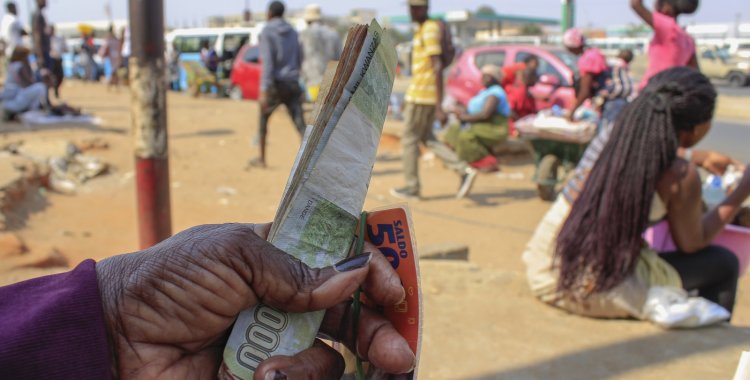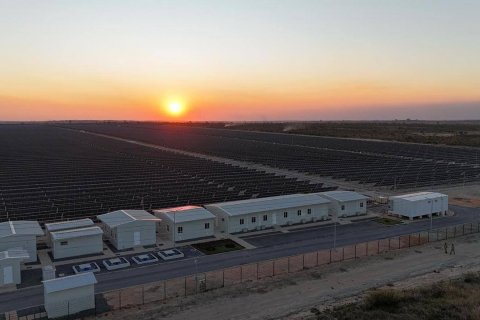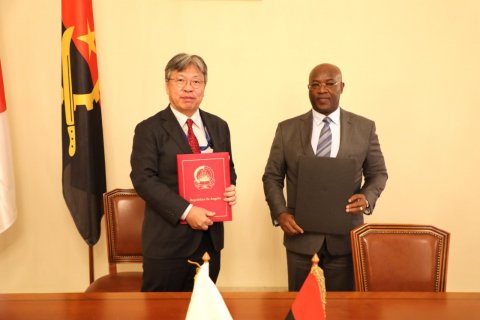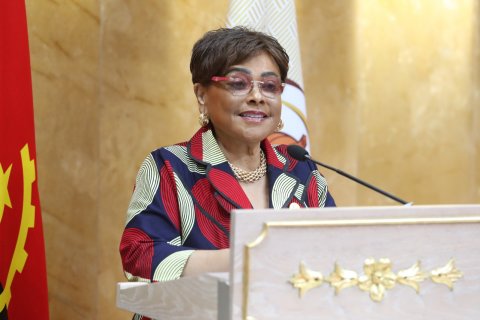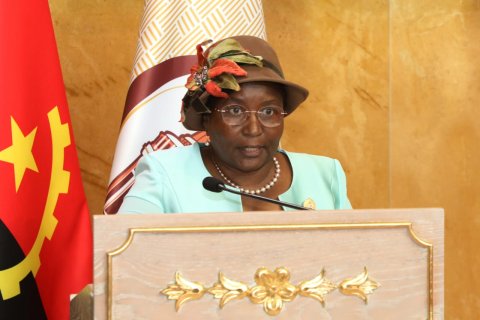Some kinguilas, as the women and men in Angola who sell and buy currency in the informal market are known, told Lusa that they were having difficulty exchanging or buying a 100 dollar or 100 euro note every day.
With a lack of customers, contrary to what happened in the past when the income from this activity allowed them to build a residence, the kinguilas are looking for other alternatives, selling telephone top-ups and mineral water, or turning to loans.
Despite the difficulties, they do not leave the streets and remain visible in the city center or in peripheral areas, where they wait, with divine hope, for the purchase or sale of currency, also complaining about the lack of kwanzas in their operations.
"We don't have a buyer, we don't have kwanza or dollars and euros, day-to-day life for you to buy a euro or dollar note is difficult, we can even go a week without buying notes", Esperança António told Lusa.
It is in the center of the capital, close to the Ministry of Foreign Affairs, that Esperança, who has been dedicated to the business for more than 20 years, set up shop, under an umbrella, in the hope of exchanging some money.
"Customers have also disappeared, they are only exchanging money at banks and they no longer appear on the street. We have colleagues who have even given up, we are only coming here because we have no one to help us", she said, sitting on one of the sidewalks on that busy street. Luanda.
Domingas Paulo, who has been living in Kingu for 26 years, told Lusa that these days he takes to the streets just to "repair himself", resorting to alternative businesses such as selling products, because the scarcity of foreign currency translates into a lack of income.
"Our day-to-day life is bad, we are not getting anything, neither to buy nor to sell, we don't have it", he stated, expressing nostalgia for the period before Covid-19, a time when, he highlighted, business was profitable.
The buying and selling of currency on the parallel market is a business that has been going on for decades in Angola, practiced by women and men, who are normally found in the vicinity of banking institutions, places where, allegedly, a large part of the amounts transacted by kinguilas originate.
Cristina Mupa told Lusa that some of the operators in this market work with their own capital, the result of loans, but others depend on clients who withdraw large sums of currency from banks.
"Normally we pool the capital, when a client comes with 10,000 dollars we pool what we have (in kwanzas) to buy and then we share the profits," she explained, adding that many of her clients are also embassy employees.
Sitting on one of the sidewalks on Rua Rainha Ginga, Luanda's main artery, Cristina lamented the drop in profits, noting that the dollar and euro continue to be in demand, but are unable to satisfy the few customers that appear.
Madalena, another of the kinguilas on Rua Rainha Ginga, did not agree to reveal her surname, fearing public exposure, considering that her work carries risks, as she works with large sums of money.
Also lamenting the lack of customers, she said that the business was no longer attractive and profitable, compared to previous years, pointing to the "blockade" of currency circulation, already in the era of José Eduardo dos Santos, as one of the factors.
"Things are no longer the same as before, it used to be good, everything was easy, there are customers who sometimes even have a certain amount in the bank to put here on the street, but sometimes they can't", she concluded.
The 100 dollar bill in this market is being traded at a value of 103,000 kwanzas for buyers and sold at a value of 104,000 kwanzas. The 100 euro note is being sold at 120,000 kwanzas and bought at 110,000 kwanzas.

